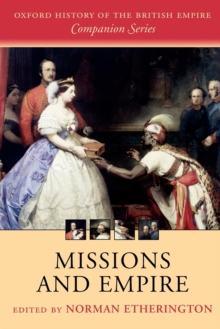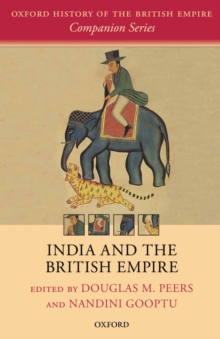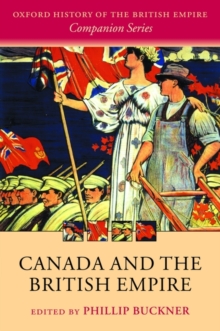
Islands and the British Empire in the Age of Sail PDF
Edited by Douglas Hamilton, John McAleer
Part of the Oxford History of the British Empire Companion Series series
Description
Islands are not just geographical units or physical facts; their importance and significance arise from the human activities associated with them.
The maritime routes of sailing ships, the victualling requirements of their sailors, and the strategic demands of seaborne empires in the age of sail - as well as their intrinsic value as sources of rare commodities - meant that islands across the globe played prominent parts in imperial consolidation and expansion.
Thisvolume examines the various ways in which islands (and groups of islands) contributed to the establishment, extension, and maintenance of the British Empire in the age of sail.
Thematically related chapters explore the geographical, topographical, economic, and social diversity of the islands thatcomprised a large component of the British Empire in an era of rapid and significant expansion. Although many of these islands were isolated rocky outcrops, they acted as crucial nodal points, providing critical assistance for ships and men embarked on the long-distance voyages that characterised British overseas activities in the period.
Intercontinental maritime trade, colonial settlement, and scientific exploration and experimentation would have been impossible without these oceanic islands.
They also acted as sites of strategic competition, contestation, and conflict for rivalEuropean powers keen to outstrip each other in developing and maintaining overseas markets, plantations, and settlements. The importance of islands outstripped their physical size, the populations they sustained, or their individual economic contribution to the imperial balance sheet.
Standing at the centre of maritime routes of global connectivity, islands offer historians of the British Empire fresh perspectives on the intercontinental communication, commercial connections, and territorial expansion that characterised that empire.
Information
-
Download - Immediately Available
- Format:PDF
- Pages:240 pages
- Publisher:OUP Oxford
- Publication Date:17/06/2021
- Category:
- ISBN:9780192586544
Information
-
Download - Immediately Available
- Format:PDF
- Pages:240 pages
- Publisher:OUP Oxford
- Publication Date:17/06/2021
- Category:
- ISBN:9780192586544










